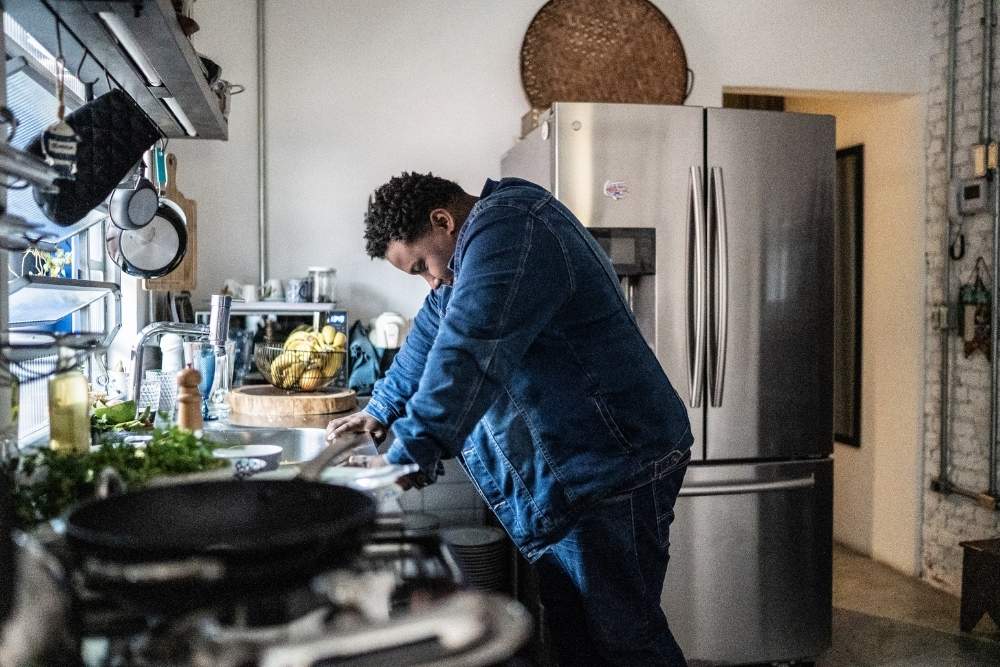Recovery is a journey that demands strength, courage, and a deep commitment to yourself. Choosing to step away from addiction and begin rebuilding your life is one of the hardest—and bravest—decisions you’ll ever make. But even as you celebrate the progress you’ve made, you may find yourself feeling worn out, emotionally drained, or mentally exhausted. If that sounds familiar, you could be experiencing more than just a tough day—you may be facing burnout.
Recovery isn’t only about saying no to drugs or alcohol; it’s about creating a life filled with health, purpose, and hope. Burnout can make that path feel heavier, but by learning to spot the warning signs and take care of your mind and body, you can protect your progress and keep moving forward toward lasting healing.
What Is Burnout in Recovery?
Burnout is a state of physical, emotional, and mental exhaustion that comes from prolonged stress or pushing yourself too hard. In recovery, burnout can look a little different than it does in other areas of life. You might feel weighed down by the ongoing effort it takes to stay sober, attend meetings, build healthier habits, and repair relationships.
Recovery isn’t a sprint—it’s a lifelong journey. And while you’re putting in the work to change your life, it’s natural to sometimes feel overwhelmed. Burnout happens when you’ve stretched yourself too thin for too long, without giving yourself the rest and balance you need.
Signs You May Be Experiencing Burnout
Recognizing burnout early can help you take steps before it leads to relapse or deeper emotional struggles. Here are some signs to watch for:
- Constant exhaustion. Even after sleeping, you wake up tired and struggle to find the energy to get through the day.
- Irritability or mood swings. Small frustrations feel bigger than they should, and you may find yourself snapping at people more often.
- Loss of motivation. Activities that once brought you joy or peace—like meetings, hobbies, or time with loved ones—feel like a chore.
- Neglecting self-care. Skipping meals, isolating from others, or ignoring your physical and emotional needs.
- Difficulty focusing. Trouble concentrating or feeling “foggy” when trying to get tasks done.
- Doubts about recovery. Questioning whether staying sober is worth it, or feeling tempted to return to old habits as a way of escaping the stress.
What to Do If You’re Burnt Out in Recovery
The first step is acknowledging what you’re feeling. Many people in recovery push themselves hard because they don’t want to let themselves—or anyone else—down. But burnout doesn’t go away by ignoring it.
Here are some steps you can take:
- Pause and reflect. Give yourself permission to slow down and check in with yourself. Journaling, meditation, or simply sitting quietly can help you notice what you truly need.
- Reach out for support. Talk to your sponsor, therapist, or trusted friend. Sometimes just saying out loud that you’re struggling can bring relief.
- Revisit your recovery routine. Ask yourself: Is my schedule sustainable? Am I overcommitting? It’s okay to cut back where you need to.
- Prioritize rest. Sleep is essential for healing, both physically and mentally. Try to set consistent bedtime habits that allow your body to fully recharge.
- Take care of your body. Eat balanced meals, stay hydrated, and find simple ways to move your body. Even a short walk outside can shift your mood and energy.
Tips to Prevent Burnout in Recovery
While burnout is common, there are steps you can take to reduce the risk and create more balance in your life.
- Set realistic expectations. You don’t have to fix everything all at once. Focus on progress, not perfection.
- Learn to say no. It’s okay to protect your energy. Taking on too much at once can quickly drain you.
- Build in fun and joy. Recovery doesn’t have to feel like all work. Make time for hobbies, laughter, and things that make you feel alive.
- Stay connected. Surround yourself with people who uplift and support you. Isolation often makes burnout worse.
- Practice mindfulness. Techniques like deep breathing, meditation, or grounding exercises can calm your nervous system and help you feel more centered.
- Celebrate small victories. Each step you take matters. Remind yourself how far you’ve come.
At Stone River Recovery Center in San Antonio, Texas, we’re here to remind you that support is always available. Whether you need help adjusting your recovery plan, coping with stress, or simply having someone to talk to, we can walk with you through it.





